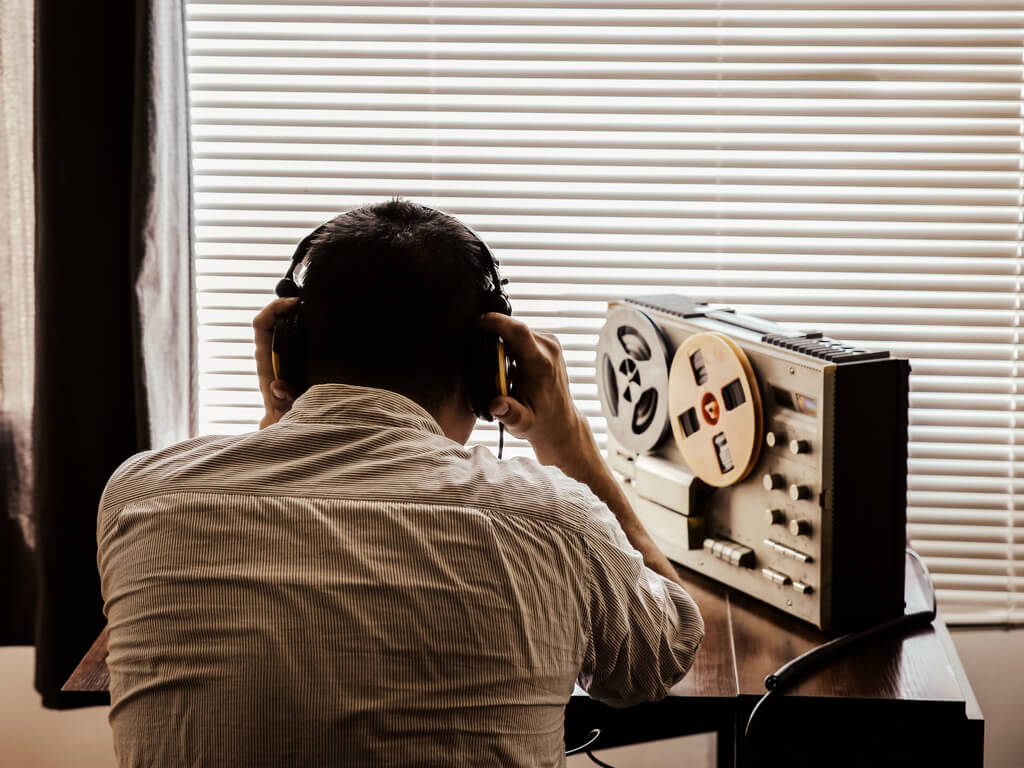Recording Consent in PA, Keeping Up With Digital Trends

From office Zoom calls, TikTok trends, and now political tell-alls, one thing all of these occurrences have in common is the act of recording. While your recorded Zoom call for work may be a term and condition of employment, chances are the individual running the virtual meeting has let you know it’s being recorded. But when we look at internet trends showing pranks on strangers, political exposure videos, and audio recordings making opponents look weak or showing their spouses unravel from the pressures, one begins to ask–is recording these private conversations even legal? Nationwide and state recording consent laws may say otherwise. Pennsylvania is a two-party consent state.
Nationwide and State Recording Consent Laws
Under federal law, telephone calls and in-person private conversations may be recorded with the consent of at least one party. As defined by 18 U.S.C. 2511(2)(d), this “one-party consent” law allows you to record phone calls or private conversations so long as you are a party to the conversation. However, if you are not a party in the conversation but wish to record the conversation, you will need the consent of at least one participating party.
States have also developed their own recording laws. In total, 38 states and the District of Columbia have adopted one-party consent laws similar to federal regulation.
What is a two-party consent state?
However, 11 states have adopted two-party consent laws that require the consent of every party in the phone call or in-person conversation. These states include California, Connecticut, Florida, Illinois, Maryland, Massachusetts, Montana, New Hampshire, Pennsylvania, and Washington.
There are stipulations to these laws, however. According to the Digital Media Law Project:
- Illinois’ two-party consent statute was held unconstitutional in 2014.
- Hawaii is a one-party state but requires two-party consent if the recording device is installed in a private place.
- Massachusetts bans “secret” recordings rather than requiring explicit consent from all parties.
Remember, regardless of whether the situation you are involved in is mandated by state or federal law, you cannot place a bug or recording device on a person or telephone, in a home, office, or restaurant to secretly record private conversations between people who have not consented.
How do recordings of public officials fit into state recording consent laws?
If you are recording a police officer or other public official, you may have the constitutional right to record those activities so long as it does not interfere with activities taking place nor does the act of recording violate applicable laws.
Can I record my ex in a divorce case?
When we learn of politicians being secretly recorded, exposing some form of truth, we wonder if we can apply that to our own lives, right? This tends to be the case in divorce proceedings where one party wants to record conversations to strengthen their own case in the divorce proceeding.
However, if you live in Pennsylvania, we don’t recommend you do this. As a two-party consent state, those recordings could land you in more trouble than it’s worth. However, if such a recording aids in a case of domestic violence, you may be able to make an argument. But given the fragility of such conversations and cases, it’s best to speak with an attorney before submitting anything or disclosing such recordings have been taken.
PA State Recording Consent Laws, Keeping Up in Digital Era
If you have questions regarding Pennsylvania laws regarding recording private conversations, the team at Mazzoni Valvano Szewczyk & Karam can give you the answers and legal advice you need. Contact us to schedule an appointment.

